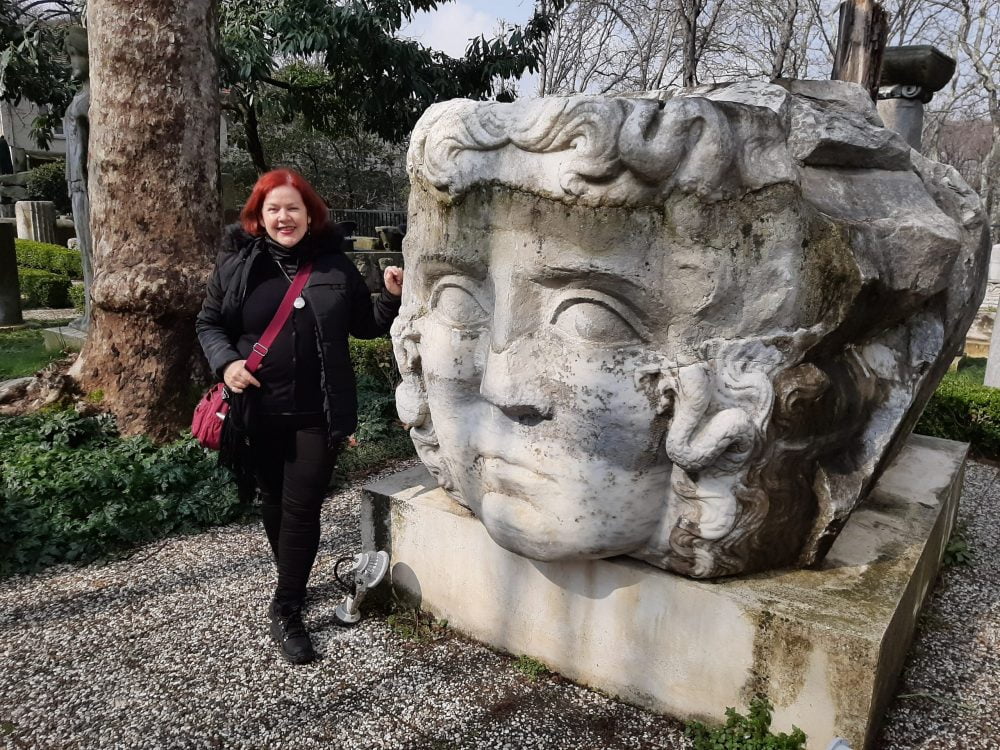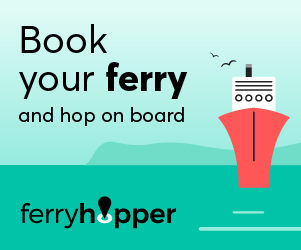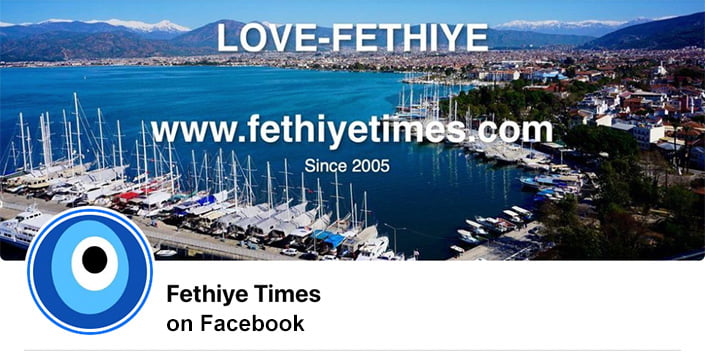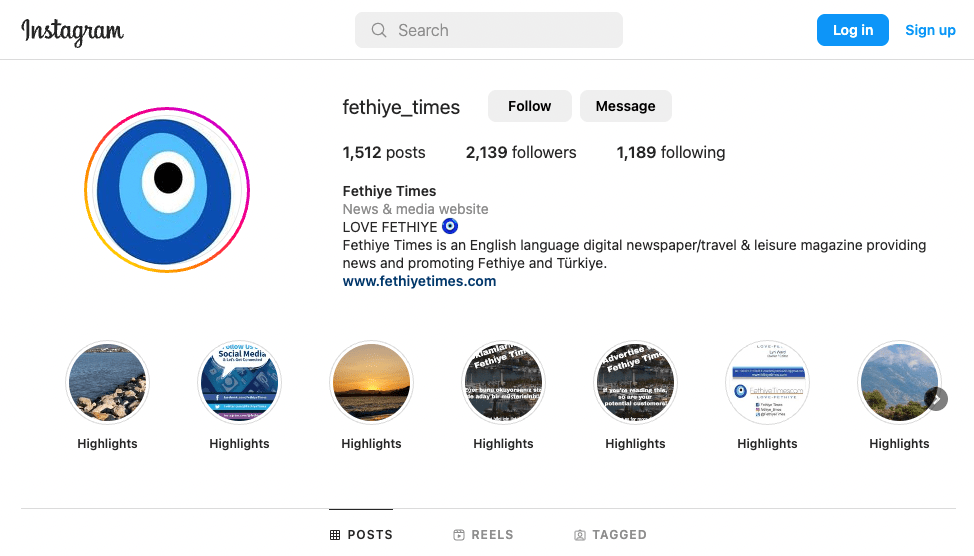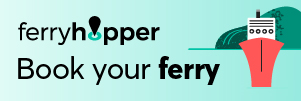From the North Shore leafy suburbs of Sydney, Australia to life in Istanbul. We caught up with Lisa Morrow to find out more.
Photos by Lisa Morrow.
What made you first visit Turkey?
I was 24 and on my first big overseas trip. Australia is a long way from anywhere so it’s common to save up hard to travel for extended periods, because you don’t know when you’ll be able to afford another expensive plane ticket. Like many young Australians at the time I was living in a mad share house in Hammersmith (26 of us crammed into three bedrooms and a lounge. I counted myself lucky to have my own room under the stairs!). I became friends with a woman from Melbourne and we hitchhiked through the Republic of Ireland and Northern Ireland together. When she said she was going to Greece I tagged along, then followed her to Turkey. It was during the Gulf War and when her parents found out where she was they asked her to leave, but I stayed on for three months. I only left because my visa ran out.
Was it love at first sight?
Yes, it was. From the moment I stepped off the ferry in Marmaris in 1990 I was hooked. Back then the seafront was lined with palm trees, there were people dressed in traditional clothing walking along the waterfront and phaetons with horses adorned in colourful saddlery lined the street waiting for passengers. I’d never seen anything like it before and the atmosphere was intoxicating.
What first inspired you to write about your experiences in Turkey/Istanbul?
I’d love to say something romantic and inspiring but actually it was in response to people’s misconceptions. On visits back to Australia I’d always be asked whether I had to wear a headscarf, if foreigners were forced to convert, and questions more appropriately associated with Islamic states than a country like Turkey with a majority Muslim population and a secular constitution. I started to write about my experiences in Istanbul and Turkey to show people the similarities we share. No matter who we are, what religion (or not) we follow, or where we’re born, we laugh, learn, fall in love, marry, make difficult decisions, work, have kids, ambitions and dreams, face hardships and loss, and eventually die. How we react, celebrate or mourn is where the differences come in.
Tell us more about your writing. Which came first, Inside Out in Istanbul, your books or the articles you write for other media like CNN and the BBC?
The first edition of my first book, Inside out in Istanbul, started everything off in 2011. A few years later I began writing a blog of the same name because I wanted the freedom to write when and as ideas came to me, rather than having to wait until I had another complete manuscript ready. This let me play with ideas and writing styles, and share my passion for living and exploring everyday life in Istanbul with others. I must have been doing something right because I was invited to write for a couple of international magazines. That lead to researching how to get my articles in other media outlets, learning how to pitch ideas, interview people and craft stories. In between I rewrote and released a second edition of Inside Out In Istanbul (https://amzn.to/3KnANtH), wrote a memoir (https://amzn.to/3MvSvN0) and two more collections of stories, one focusing on Turkey in general (https://amzn.to/38A4LgG) and the other on Istanbul in particular (https://amzn.to/3kHXkah). I’ve worked very hard and it’s really rewarding to see my byline in well respected media like The Guardian, World Nomads, Al-Monitor and others.
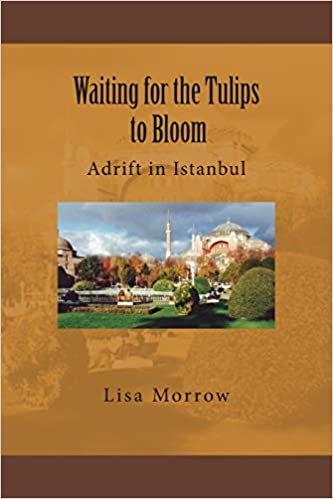
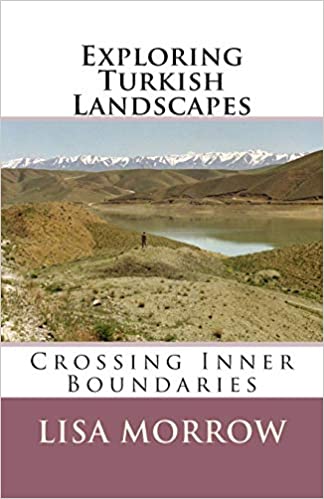
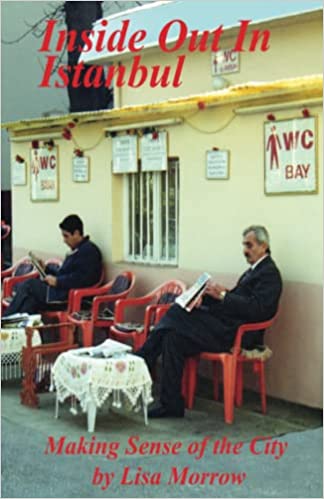
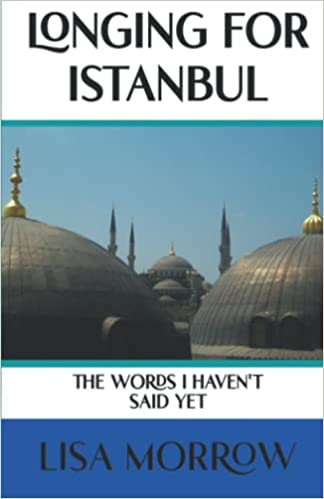
How many books have you written? Which is your favourite and why?
I’ve written a total of four books, so far. It’s difficult to say which one I like best because they’re all special to me in different ways. However if I had to choose, I’d say my latest, Longing for Istanbul: The Words I Haven’t Said Yet is my favourite, because the pieces in it best represent me both personally and as a writer. I’m a long term resident of Turkey, speak the language reasonably well (on my good days) and am trained in sociology. The pieces in Longing run the gamut of me as a story teller, an academic, an explainer of Turkish culture and society as understood by a foreigner and a daydreamer. It reveals Istanbul, the city I love, warts and all.
What is your most memorable experience in Turkey?
Believe it or not, it was in a hospital when my husband Kim went for an angiogram. Before the procedure a nurse came to Kim’s room to take down his details and I helped with the answers as my Turkish was better than his at that stage. It was just the usual, name, parents’ names, date of birth, place of birth and so on. When I said he was born in Australia she was astonished we’d come from so far away. She then moved on to the next question. “Hangi kangaru?” I thought OK, this is weird, she just said “Which kangaroo?” but then I’ve been asked lots of strange questions at inappropriate times in Turkey so I gave her some information about them. She looked at me quite strangely and repeated the question. After more confusion we gave up and moved on. Then she put a line in Kim’s upper thigh and injected in dye so the doctor could see what was happening in his heart.
After the procedure (during which I sat in a waiting area with four old Turkish men in hospital gowns who all asked if Kim had had a stroke. When I said no, he was just in for a test, they were adamant he get a stent put in now, to save time) Kim was taken back to his room. They put a huge rock, more like a lump of concrete, on his thigh to close the vein and he had to drink three litres of water in a very short time to flush out the dye. Naturally he needed to go to the toilet pretty quickly. No one answered the buzzer so I went in search of the nurse. She reminded me Kim wasn’t allowed to get up and told me to go to the men’s toilet and get an ördek. A duck, I thought, as in quack, quack? I looked at her in amazement and asked her to repeat what she’d said. Yes, I had to get a duck. From the men’s toilets. On a hospital ward where all the patients were Turkish guys wearing skimpy gowns open down the back.
At the door of the loos I very slowly and nervously peered inside, shakily calling out ‘Merhaba’ to signal my presence. To my relief no one answered so I entered and looked around. There on the left was a shelf piled high with plastic urinal bottles, aka ducks in Turkish. Back in the room I handed one over to Kim and we laughed together, rather hysterically I’ll admit. I had to go back to work for a few hours after that and I’m not going to tell you what Kim did when he needed a fresh one.
And the kangaroo question? Hours later, when the results were through and we learned there was nothing serious to worry about, I realised the nurse didn’t say “Hangi kangaru?” She’d said “Hangi kan grubu?”, to learn Kim’s blood group. I can only imagine what she told her family about foreigners over dinner that night.
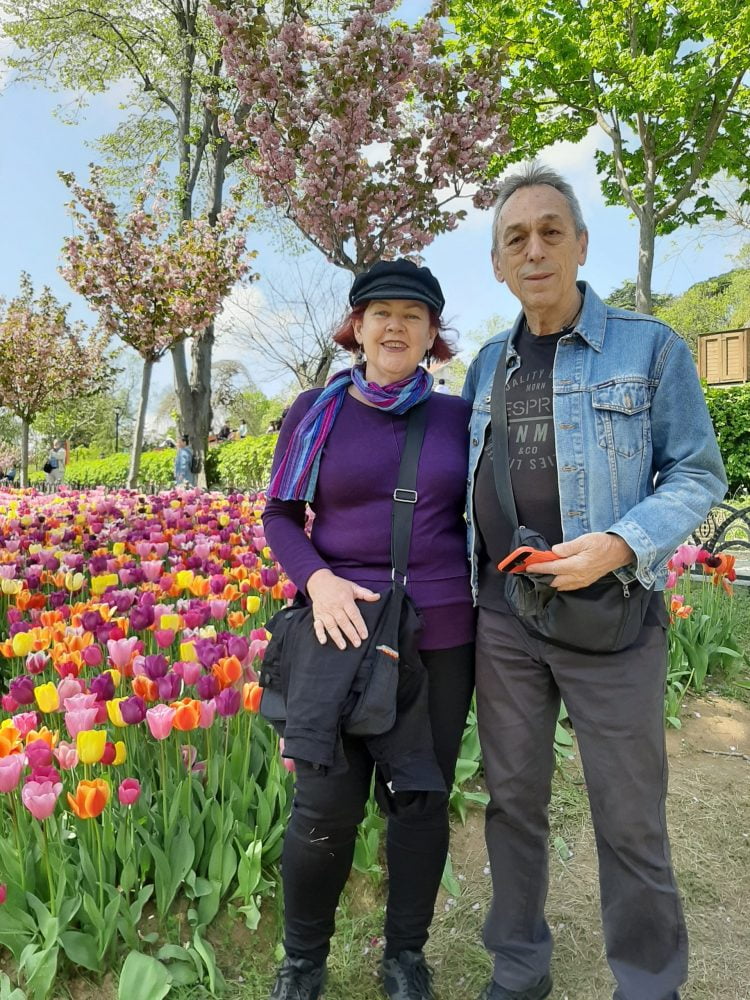
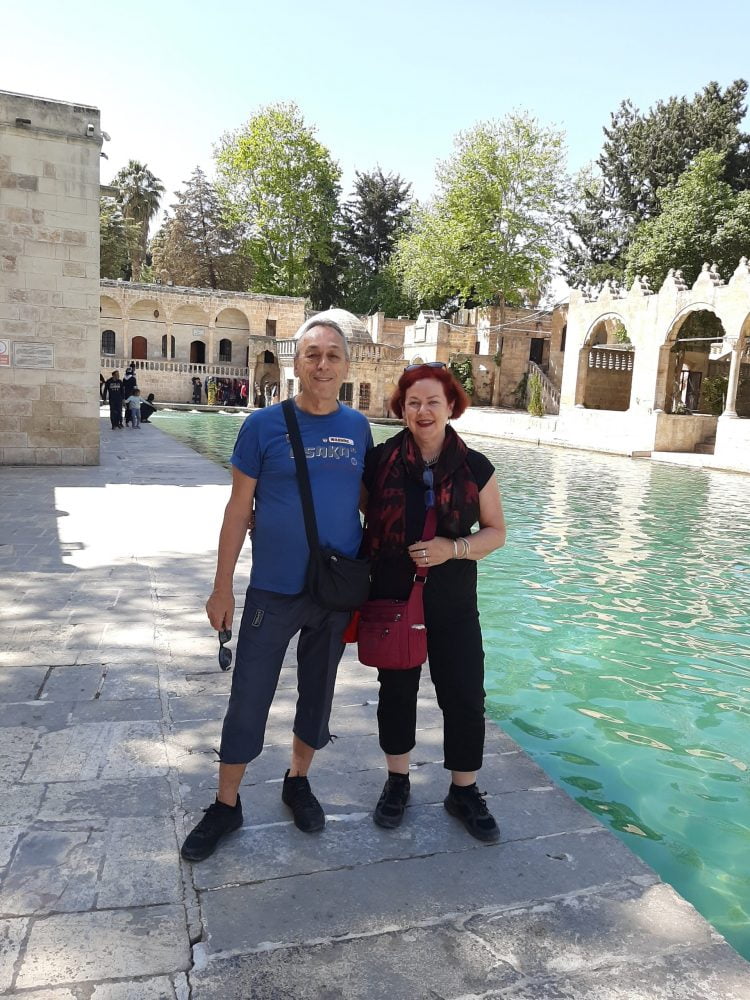
What is your favourite thing about living in Istanbul? And your least favourite thing?
The best thing about living in Istanbul is I’m never bored. There’s always something to do, museums to visit, art exhibitions to see, different neighbourhoods to explore, new restaurants to try and friends to meet. My least favourite thing is the way the city is constantly being redeveloped. I do appreciate archaeological and historical sites being restored but hate the increase in new, much taller apartment blocks being constructed. It means less light on the streets, acres of dirt and dust and too much noise in an already very loud and chaotic city.
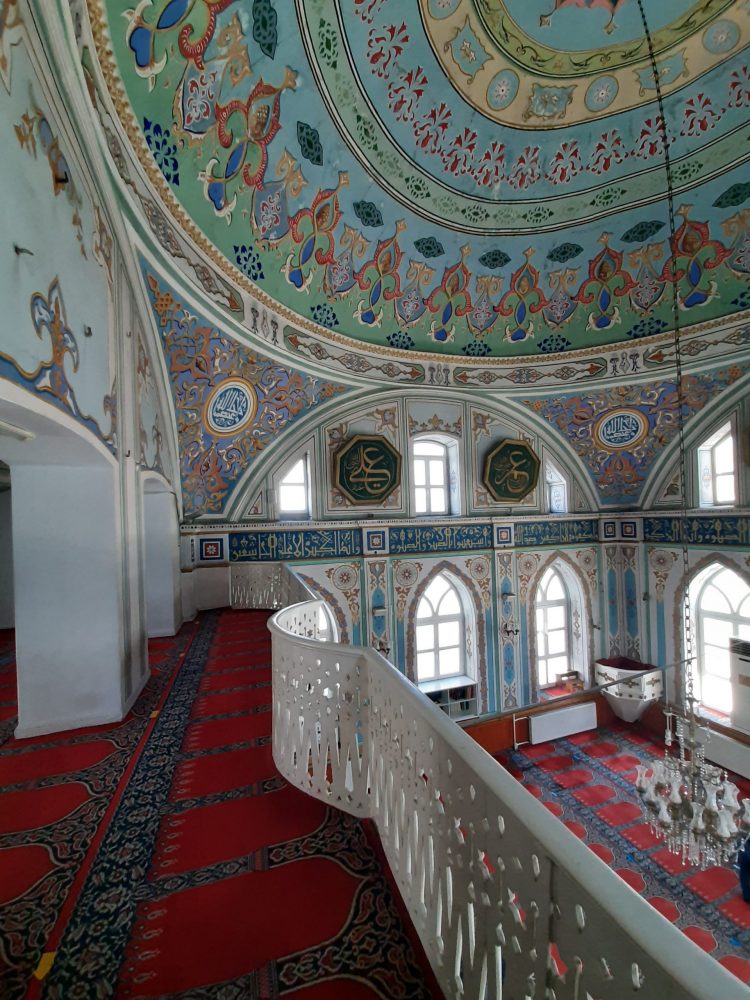
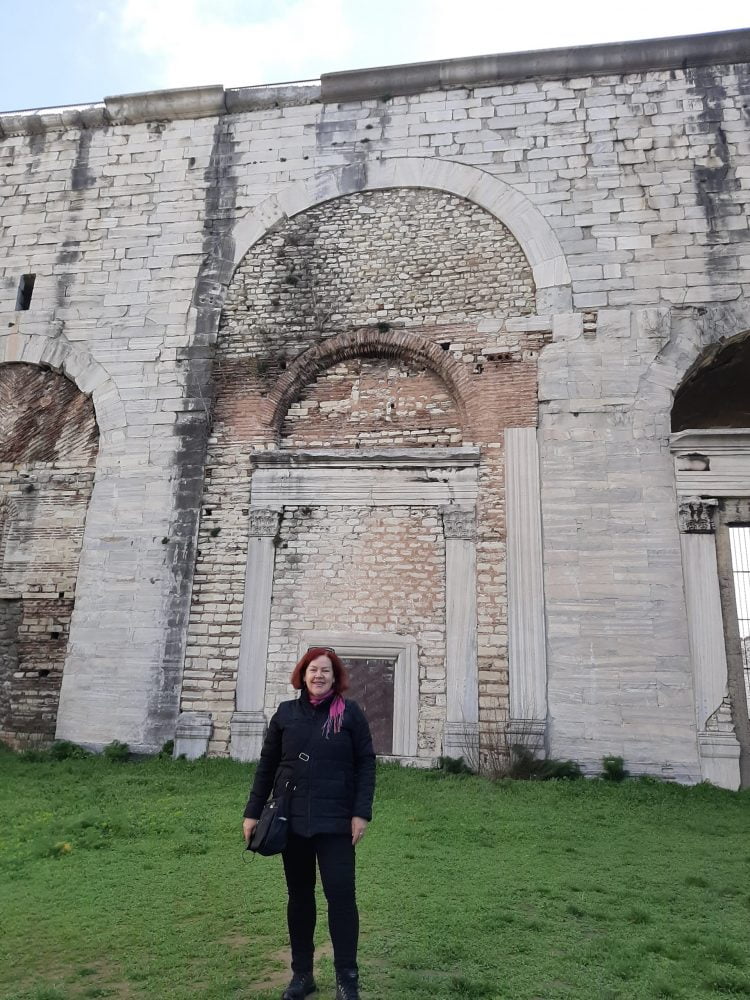
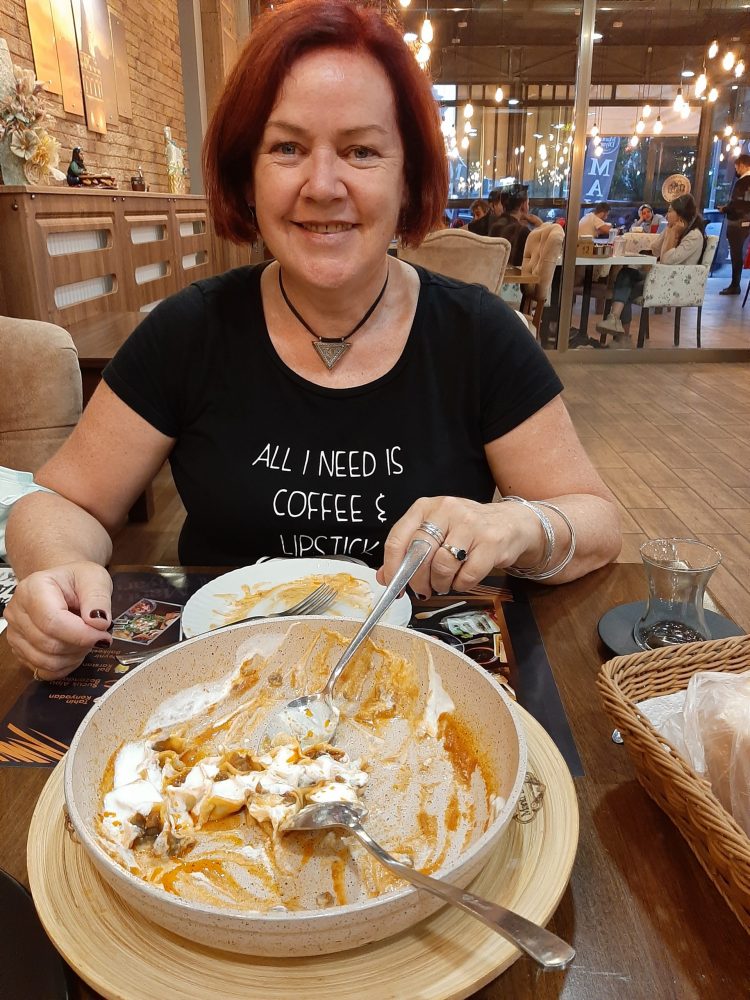
If you could only choose one place to visit in Istanbul, where would it be? And why?
This is the hardest question you’ve asked me because I really can’t choose just one place. Dilapidated historical buildings, archaeological sites and new parks are being repaired, rediscovered and opened all the time so I never get to the end of my Istanbul ‘must see list’. I just keep adding to it. The places I most want to visit are all the small out of the way mosques, significant local tombs loved by Turks, Greek and Armenian orthodox churches with their beautiful iconostasis, rarely used synagogues and everything that has made Istanbul a cosmopolitan, vibrant and enticing city throughout it’s long history.
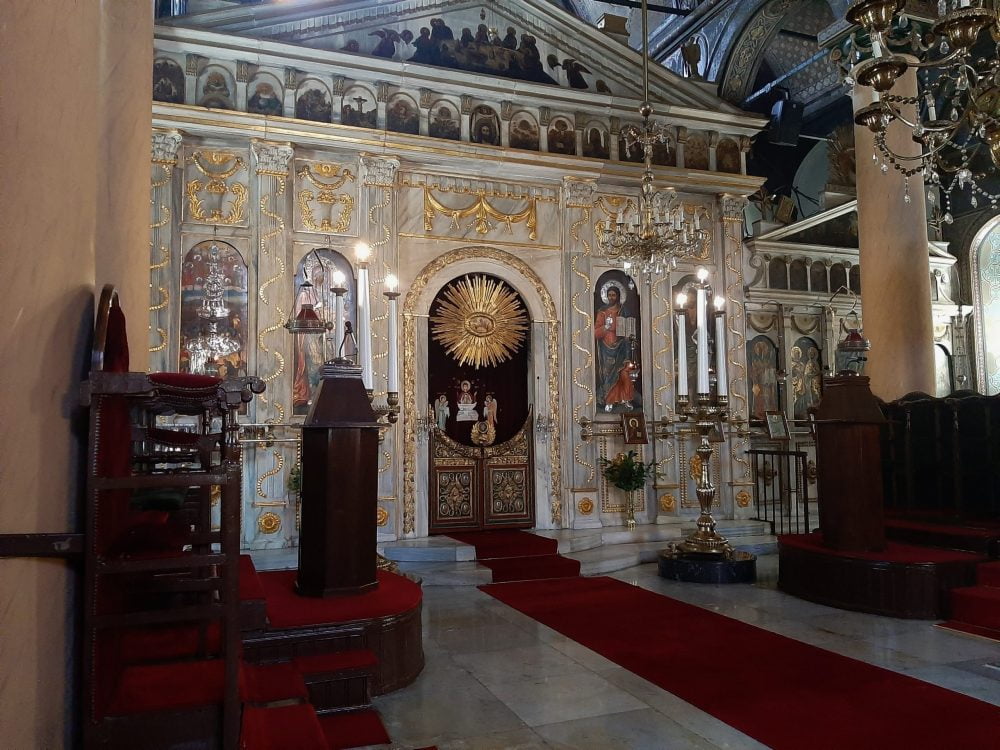
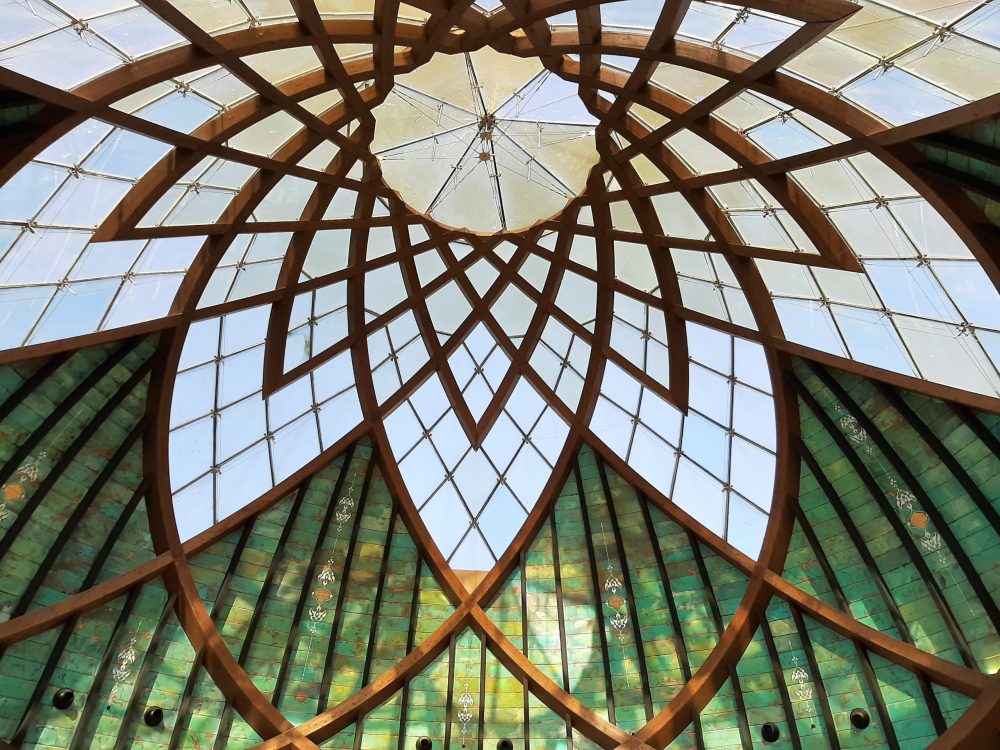
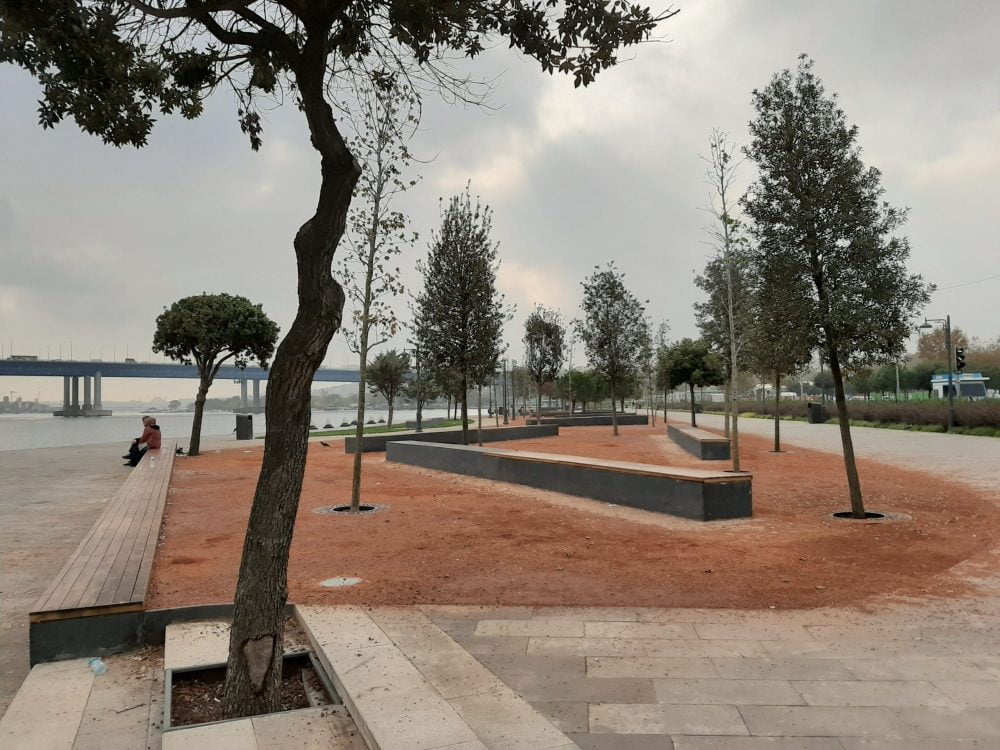
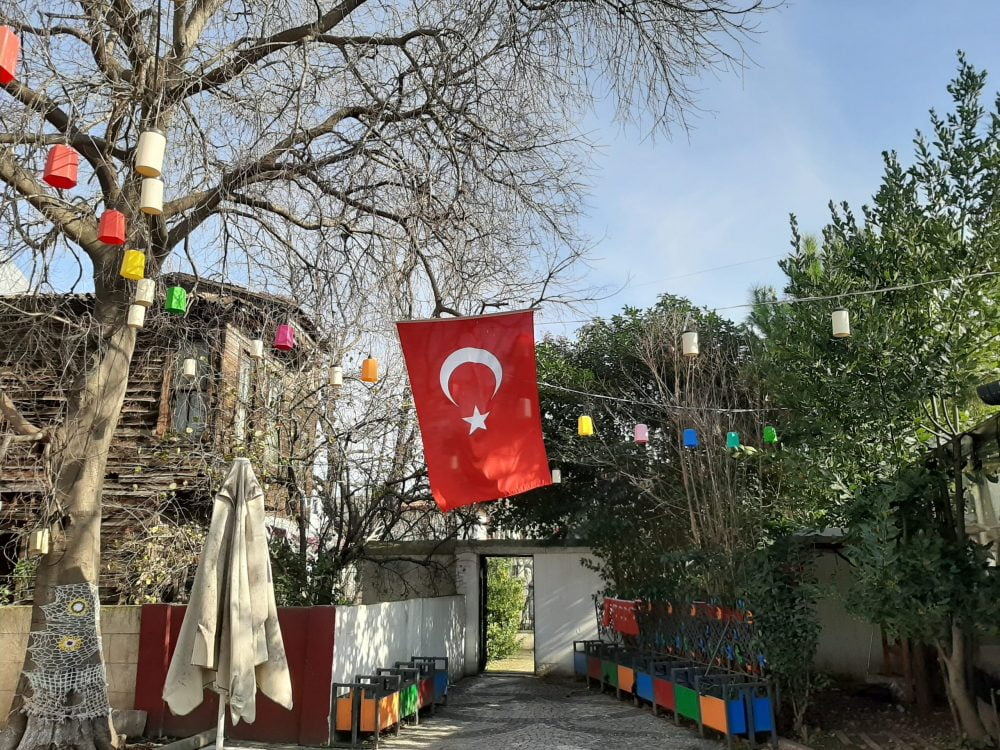
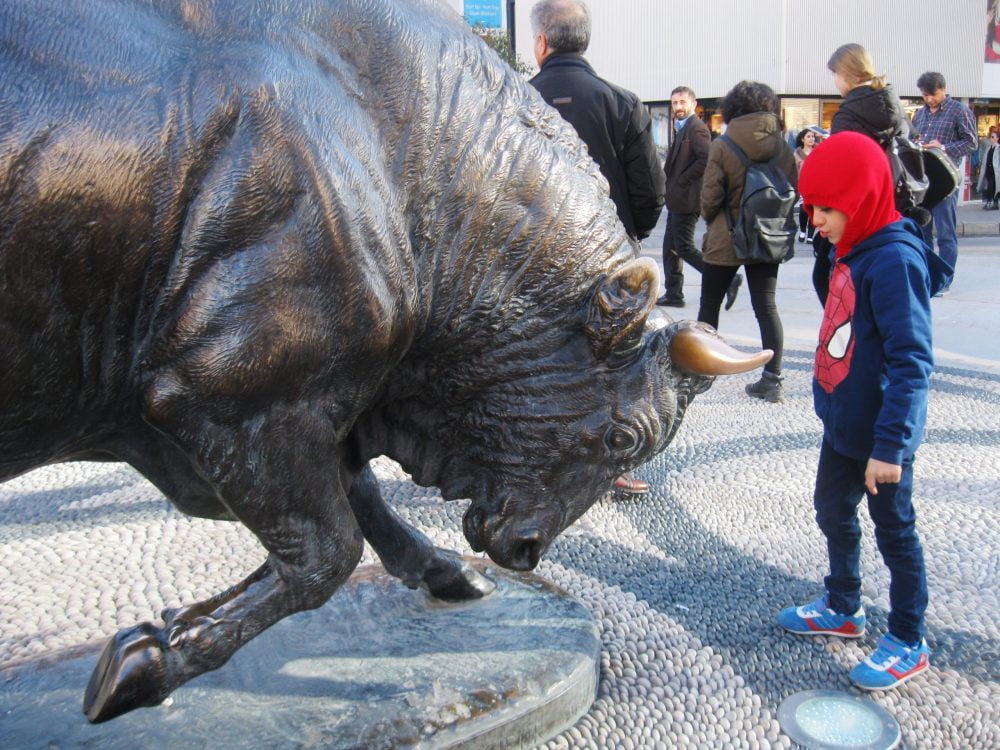
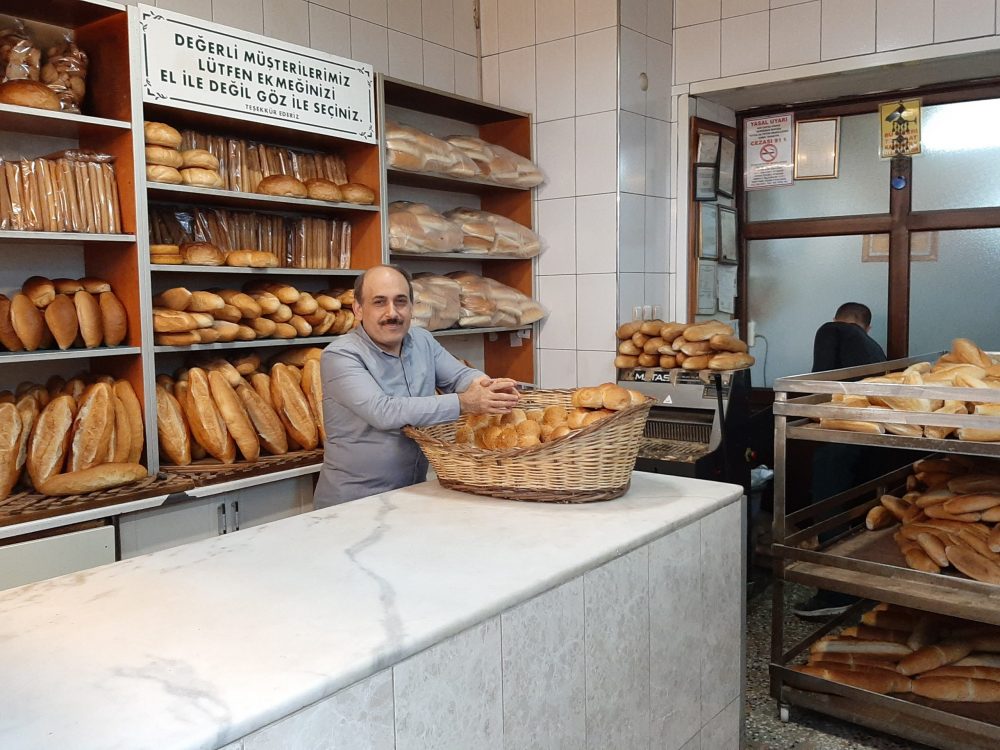
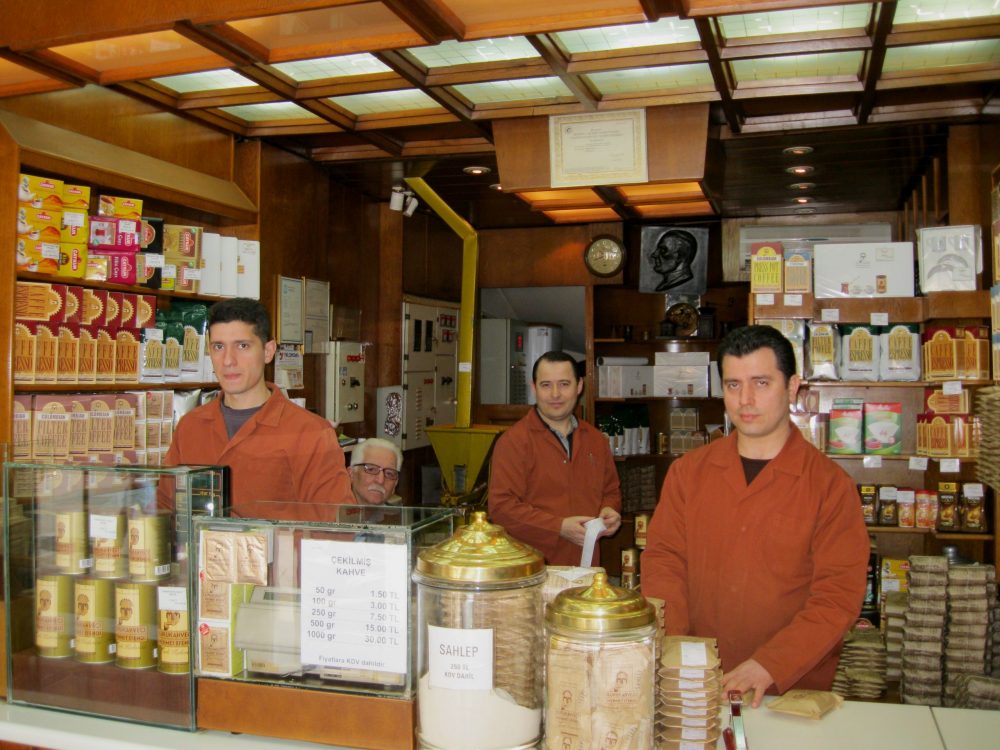
What is your top piece of advice for anyone planning to live in Istanbul?
Do your homework. If you’ve only ever visited Istanbul for short stays likely you’ll have stars in your eyes because everything’s pretty much laid on for tourists and everyday life seems easy. However outside the tourist centres far fewer people speak English, things happen in ways you can’t and don’t expect and changes, both big and small, are constant. Join Facebook groups, ask lots of questions and search the internet for blogs written by people giving a realistic picture of life here. Most importantly don’t move to Istanbul thinking you can pick up a teaching or other job straight away. Make sure you have enough savings to cover you for at least three months and remember, there’s no shame in recognising when a dream needs to stay just that.
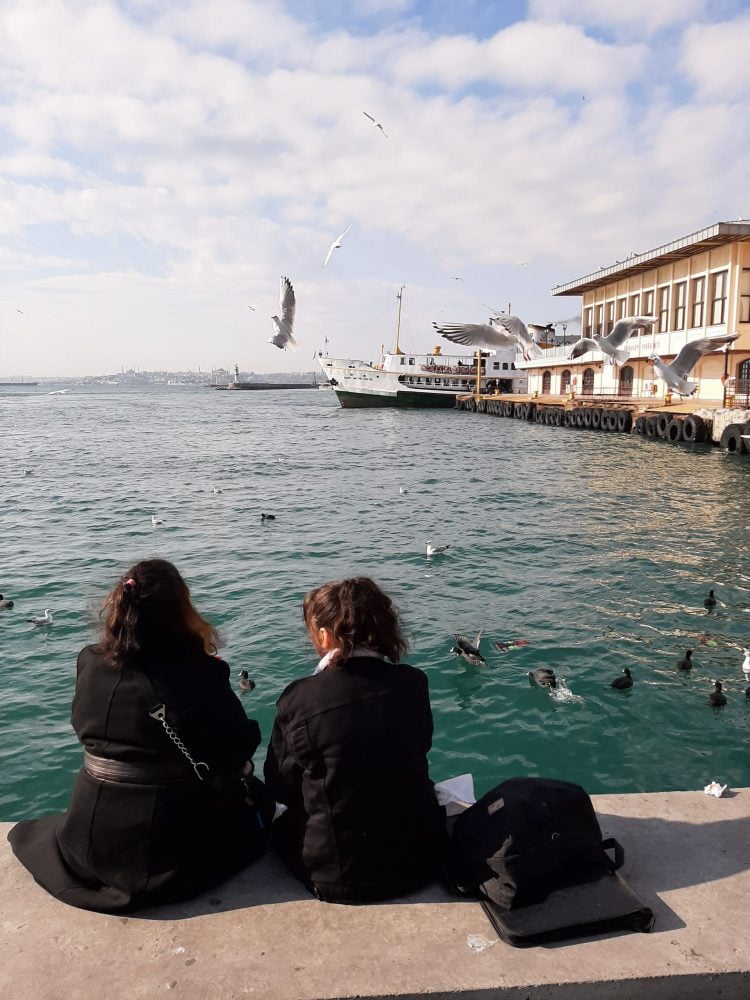
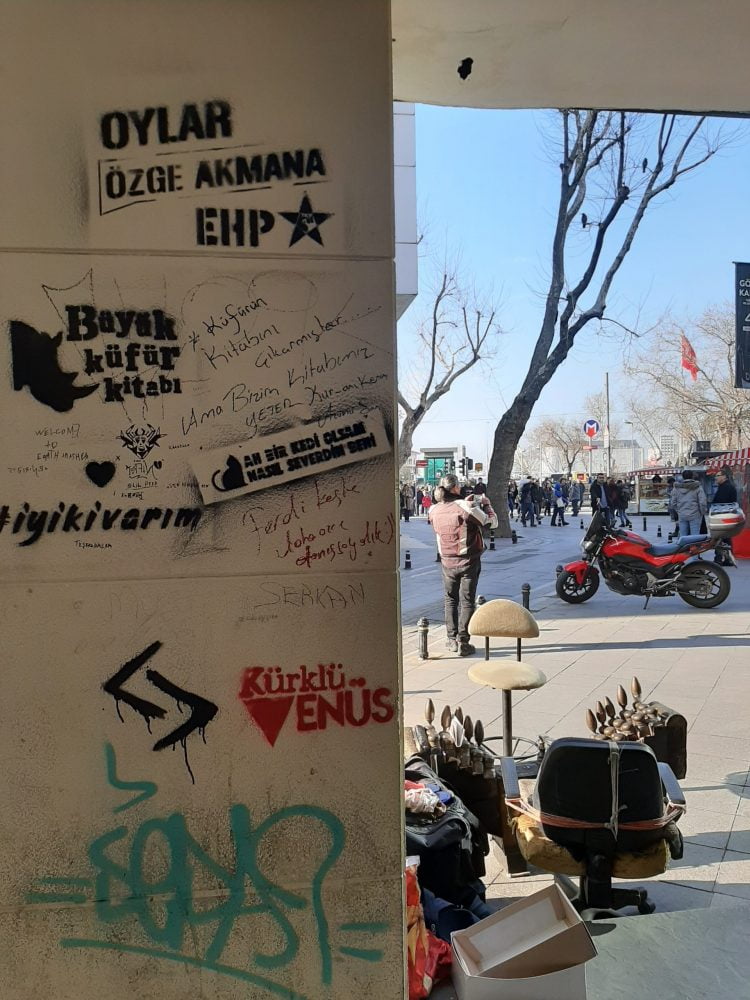
Where can readers purchase your books?
All my books are available from Amazon and online bookstores and as of the first week in May, from Mephisto bookshops in Istanbul. They have three branches, in Kadikoy, Beşiktaş and Taksim.
What do you hope your readers will take away from your books?
I could write pages in answer to this question (after all, I am a writer), but really, what I most want people to do after reading my books is to look at the life around them, whether they’re in the country where they were born or their new home in Turkey, and see it for what it is. It’s tempting to always compare where you are with what’s more familiar or what you’ve left behind, but in doing that you miss out on the lessons, joy and meaning of what you’re experiencing right now.
What’s next? Is there another book in the pipeline?
Yes, there is. It’s early days but I’m working on a guide to Istanbul paths less well known. I hope to release it later this year. Watch this space!
Social media links
https://www.facebook.com/InsideOutInIstanbul
https://www.instagram.com/insideoutinistanbul/?hl=en
https://www.linkedin.com/in/lisa-morrow-turkey/
Lisa Morrow was born in Sydney, Australia and grew up in a leafy middle-class North Shore suburb. After finishing high school she went to Sydney University but failed to find her niche. She dropped out and in the following years worked in numerous jobs, including as a public servant, cleaner, sales assistant, waitress, barmaid and car counter, before going overseas. Once there she hitchhiked through the UK, travelled in Europe and arrived in Turkey just as the Gulf War was starting. Her three-month stay in the small central Anatolian village of Göreme changed her life.

